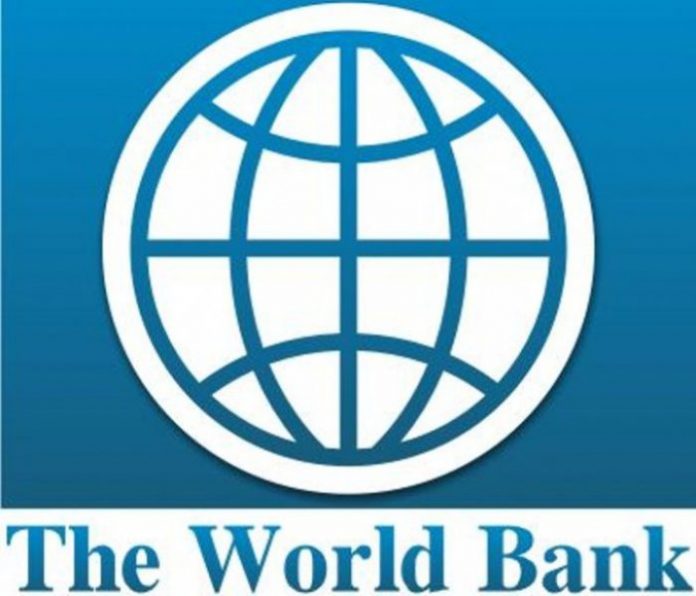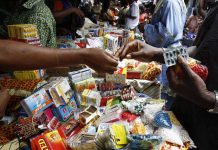The cost of medical care has become a thorn in the flesh for families around the world. Even in the advanced nations, the situation is also tough for millions of people. A new report from the World Bank and the World Health Organization, WHO, says that at least half of the world’s population cannot obtain essential health services. The economic downturn has worsened matters as each year millions of households are forced into poverty by the struggle to find the means to pay for health care from their own resources.
In the findings of the report, about 800 million people spend at least ten percent of their household budgets on health expenses for themselves or a sick child or other family member. For almost 100 million people these expenses are high enough to push them into extreme poverty, forcing them to survive on just $1.90 or less a day.
The findings, released last Tuesday in Tracking Universal Health Coverage: 2017 Global Monitoring Report, have also been published in Lancet Global Health. For Dr. Tedros Ghebreyesus, Director-General of the WHO, “It is completely unacceptable that half the world still lacks coverage for the most essential health services”. He further described the situation as unnecessary.
But the experts do not despair. They believe that the solution lies in Universal Health Coverage, UHC. Global health experts argue that UHC will enable everyone to obtain the health services they need, when and where they need them, without facing financial hardship.
As one of the experts, World Bank President, Dr. Jim Yong Kim, puts it, “The report makes clear that if we are serious – not just about better health outcomes, but also about ending poverty – we must urgently scale up our efforts on universal health coverage. Investments in health, and more generally investments in people, are critical to build human capital and enable sustainable and inclusive economic growth”.
Dr. Jim Kim continued, “But the system is broken: we need a fundamental shift in the way we mobilize resources for health and human capital, especially at the country level. We are working on many fronts to help countries spend more and more effectively on people, and increase their progress towards universal health coverage.”
It is not entirely a gloomy report. The report provided a bit of good news. It looked at the bright spots in the developing countries and concludes that the times point to an increase in the number of people accessing key health services, such as immunization and family planning, as well as antiretroviral treatment for HIV and insecticide-treated nets to prevent malaria. The other promising aspect of the report refers to the fact that fewer people are now being pushed into extreme poverty than the situation four or five decades ago. Although pessimists will argue that progress in this direction is uneven, it is nevertheless significant.

















